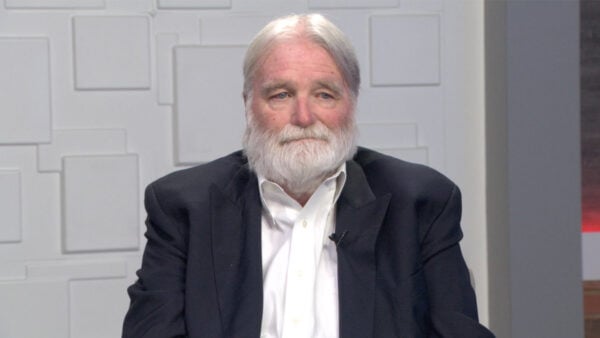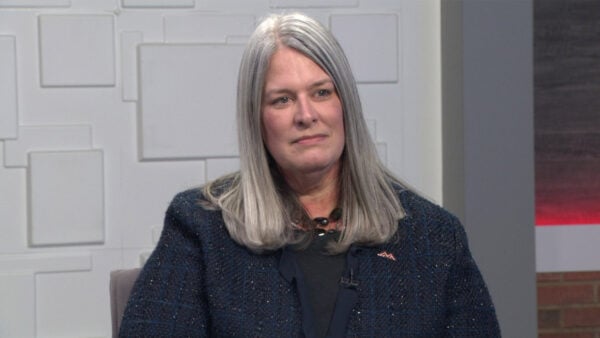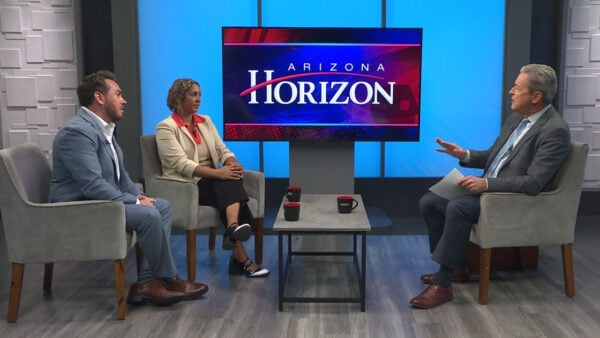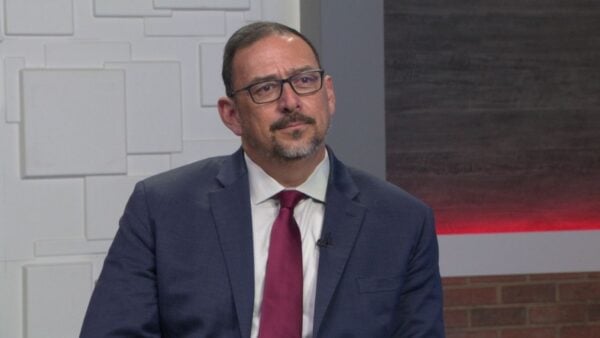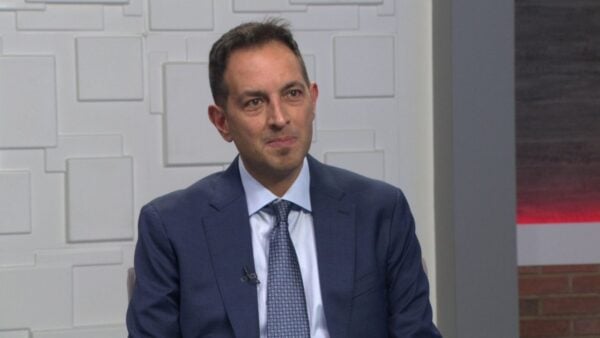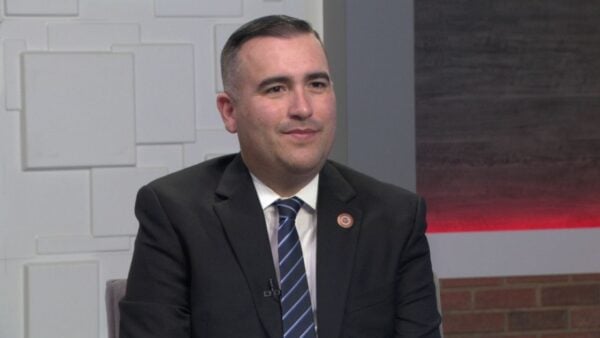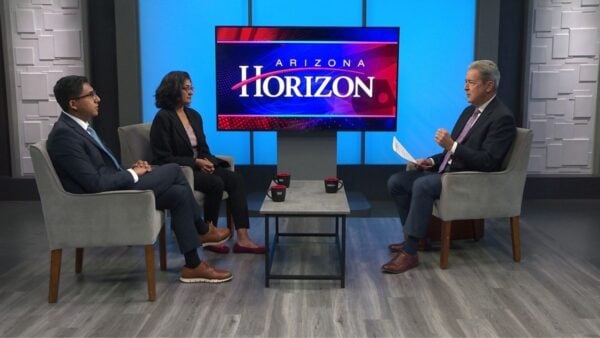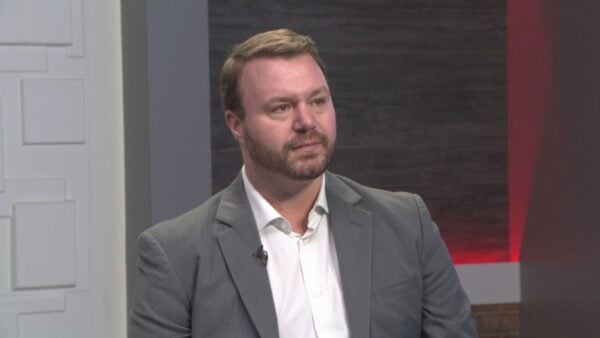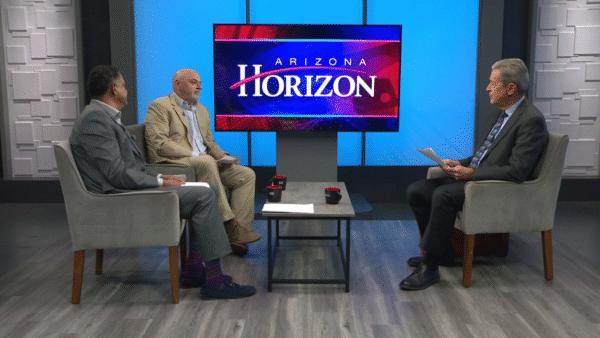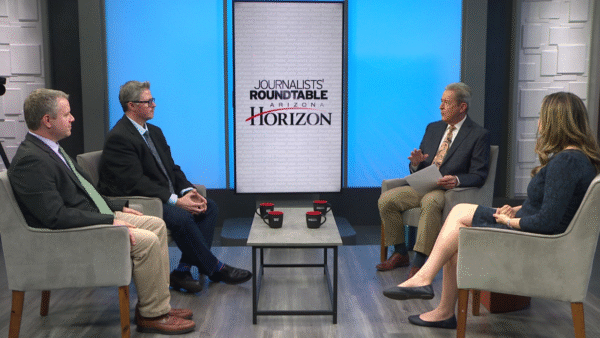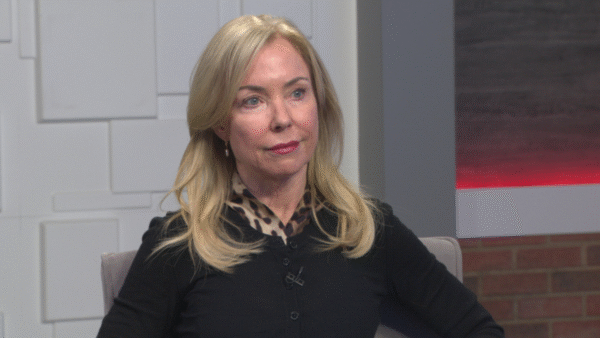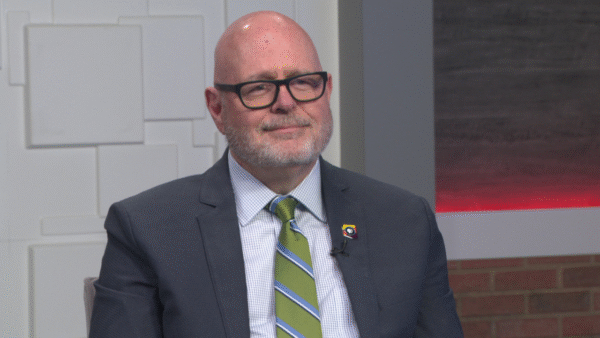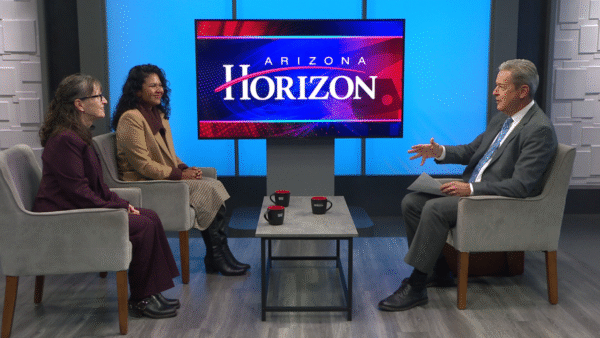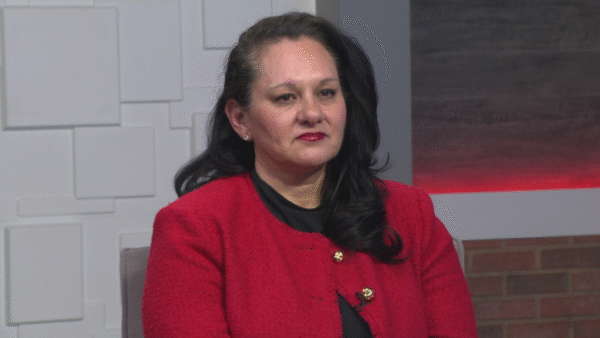Tom Horne on recent public education issues
March 11, 2024
The Arizona Superintendent of Public Institution, Tom Horne, came on Arizona Horizon to discuss a lawsuit he filed that was dismissed by a Maricopa County Superior Court Judge. The lawsuit called for public schools to stop using the dual-language program, which immerses teaching in the native language of a student along with English.
Horne claims the dual-language programs violate Arizona’s Proposition 203, a ballot initiative passed over 20 years ago requiring that English learners to only be taught in English.
In 2019, the State Board of Education passed a new law that gave public schools in Arizona more freedom with language learning. The law introduced four models of dual language programs, three of them that have to do with English immersion learning and the fourth which offers days split into half the day being taught in english and the other half being taught in another language (usually Spanish).
The law, called Senate Bill 1014, was passed because data collected showed that proposition 203 had not improved the rates of English proficiency in students.
“The legislation did not mention dual-language or anything else, it just said for them (schools) to come up with models. Applied it’s that it will be done legally. Nobody can overrule an initiative (proposition 203) passed by the voters,” said Horne.
“The initiative has a provision for waivers where students have to learn at least a certain amount of English, and if the parents sign a waiver then they can go into dual-language. And the executive director of the Board of Education told the media that it was okay for me to require wavers. It was the attorney general who said I could not require waivers,” continued Horne.
Horne has been a staunch opponent of dual-learning, and claims that data has shown that English proficiency has not improved with dual-learning despite many teachers claiming it does.
Horne also talked about a five-part “academic focus attestation” required survey which asks school leaders to answer ‘yes’ or ‘no’ questions.
One-third of schools in Arizona have not complied to answer, and some education leaders are calling the surveys politically motivated or unclear.
“I think those that did not respond, it’s because they’re doing critical race theory and they don’t want the public to know it, or they’re doing excessive social-emotional learning or they’re doing inappropriate sexual stuff or they’re not enforcing discipline,” said Horne.
“That was the purpose of letting the public know. It’s a matter of transparency; I have a duty to let the public know what’s happening,” continued Horne.








